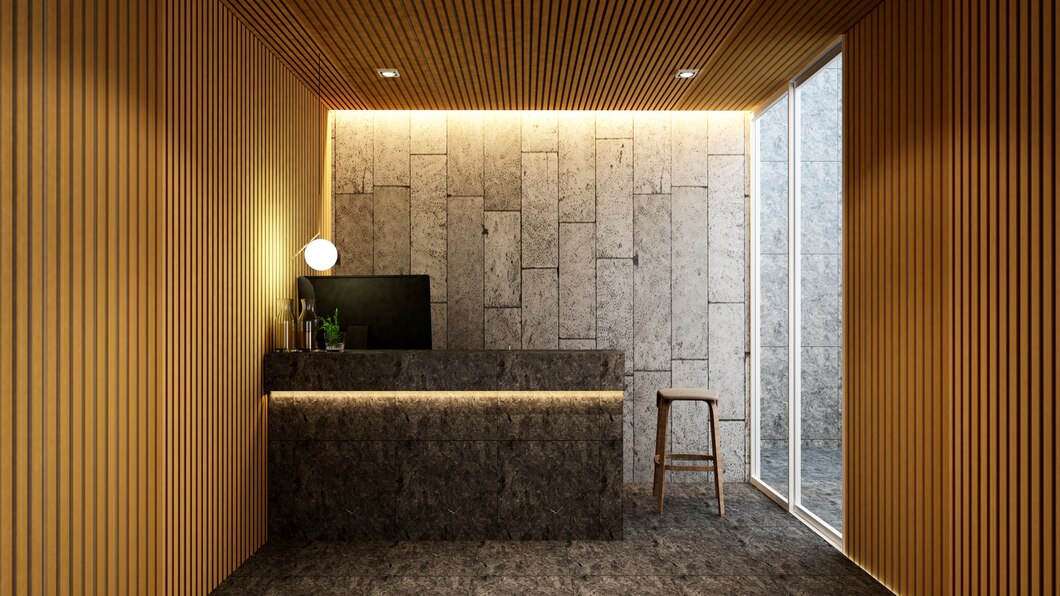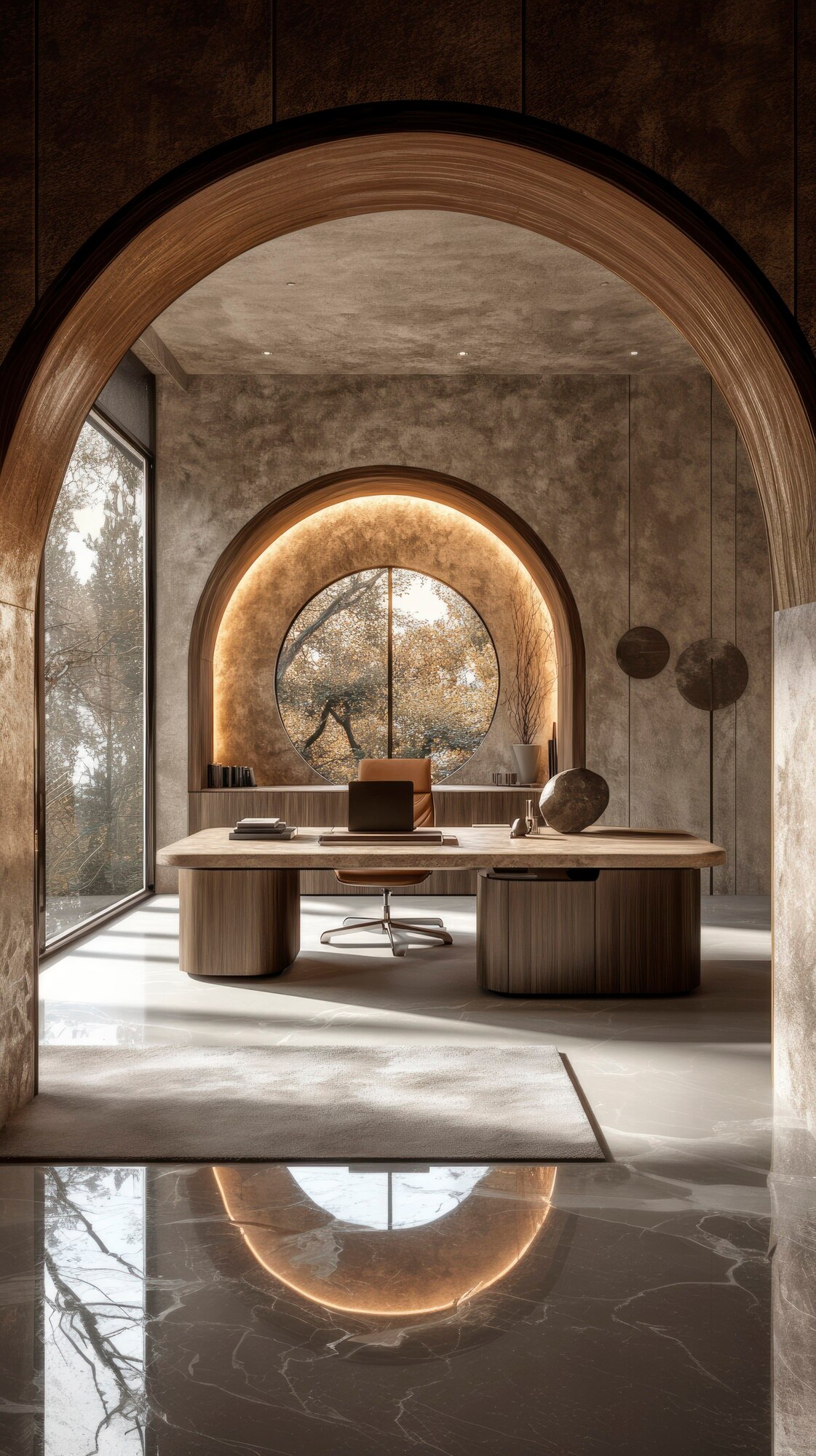
Natural Stones vs. Engineered Stones: Which Is the Better Option for Your Project?
When planning a construction or renovation project, one of the most important decisions is choosing the right material for your surfaces, whether it’s flooring, countertops, or wall cladding. A common debate among homeowners, architects, and designers is whether to use natural stones or engineered stones. Both have their pros and cons, and understanding their differences can help you make an informed decision.
What Are Natural Stones?
Natural stones are materials quarried directly from the earth. They include a wide range of stones like marble, granite, limestone, travertine, and slate. These stones are cut and polished to reveal their natural beauty, offering a one-of-a-kind aesthetic to any space. Each slab of natural stone is unique, with varying patterns, colors, and textures that reflect the environment from which it was extracted.
Advantages of Natural Stones
- Aesthetic Appeal
Natural stones are prized for their beauty and uniqueness. No two slabs are the same, which adds a level of exclusivity and character to your project. For instance, materials like Carrara marble or Statuario marble can instantly elevate the look of any space with their luxurious, timeless appeal. - Durability
Most natural stones, especially granite and marble, are incredibly durable and long-lasting. They are resistant to scratches, heat, and general wear and tear, making them an excellent choice for high-traffic areas or kitchen countertops. - Eco-Friendly Option
Since natural stones are sourced directly from the earth without chemical processing, they are considered more environmentally friendly. For those who prioritize sustainable materials, choosing natural stones is a step in the right direction. - Increased Property Value
Natural stones can significantly increase the resale value of a home or commercial property. Their timeless quality and prestige make them a wise investment in the long run.
Disadvantages of Natural Stones
- Cost
Natural stones, especially high-end options like marble or granite, can be expensive. They often require professional installation, which adds to the overall cost of the project. - Maintenance
Natural stones can be porous, which makes them susceptible to staining, especially materials like marble or limestone. They need regular sealing and maintenance to keep their beauty intact. - Weight
Natural stones are heavy, which may require additional structural support, especially for larger slabs like countertops or flooring. This could increase your project’s complexity and cost.
What Are Engineered Stones?
Engineered stones are man-made materials composed of natural stone fragments (usually quartz) combined with resins and pigments. These stones are manufactured in controlled environments to produce surfaces with the look and feel of natural stone but with added benefits of uniformity and durability. Popular brands in this category include Caesarstone, Silestone, and Cambria.
Advantages of Engineered Stones
- Consistency in Appearance
Unlike natural stones, engineered stones offer uniformity in color and pattern. If you want a consistent design throughout your project, engineered stones can provide that level of control. - Low Maintenance
Engineered stones are non-porous, which makes them highly resistant to stains, scratches, and moisture. This low-maintenance aspect is particularly appealing for areas like kitchens and bathrooms, where spills and humidity are common. - Cost-Effective
While high-end engineered stones can still be pricey, they are generally more affordable than their natural counterparts. You also save on maintenance costs as they don’t require sealing or special cleaning products. - Durability
Engineered stones are incredibly hard and durable. They can withstand high traffic and are heat-resistant, which makes them suitable for both residential and commercial projects.
Disadvantages of Engineered Stones
- Lack of Authenticity
While engineered stones closely mimic the appearance of natural stones, they lack the unique, one-of-a-kind look that natural materials offer. For some homeowners, the artificial appearance of engineered stone may be a drawback. - Heat Sensitivity
Though engineered stones are heat-resistant, they are not entirely heat-proof. Placing hot pots or pans directly on an engineered stone surface can cause damage over time. - Environmental Impact
The production of engineered stones involves chemical processes, including the use of resins and other synthetic materials. This means they are less eco-friendly compared to natural stones.
Factors to Consider When Choosing Between Natural and Engineered Stones
Now that we’ve explored the benefits and drawbacks of both materials, the decision comes down to several factors that may align with your specific project needs:
- Project Type
If you’re working on a high-end, luxury project where uniqueness and natural beauty are priorities, natural stones might be the better option. However, for a modern, uniform look or a project with tighter budget constraints, engineered stones are an excellent alternative. - Location
For kitchen countertops, engineered stones may be preferable due to their non-porous and stain-resistant qualities. However, for living rooms, entryways, or areas where you want to make a design statement, natural stones can be more impactful. - Budget
Natural stones can be significantly more expensive, both in terms of material costs and installation. If you’re working with a limited budget, engineered stones can offer a more cost-effective solution without sacrificing aesthetics. - Maintenance
If you’re not interested in frequent maintenance like sealing, engineered stones may be the more practical choice. However, if you’re willing to put in the effort to maintain natural stone surfaces, they can reward you with long-lasting beauty and elegance. - Sustainability
For those focused on sustainability, natural stones are a more eco-friendly choice, particularly if sourced responsibly. Engineered stones, although durable, have a larger carbon footprint due to their synthetic components and manufacturing process.
Conclusion: Which Is the Better Option?
The choice between natural stones and engineered stones ultimately depends on your project’s requirements and personal preferences. If you’re after a unique, timeless, and eco-friendly material that adds significant value to your property, natural stones are the ideal option. However, if you need a budget-friendly, low-maintenance, and uniform solution for a busy household or commercial space, engineered stones offer excellent performance and aesthetic appeal.
In the end, both options are strong contenders, and the best choice will depend on your specific needs, style preferences, and long-term vision for your space.



